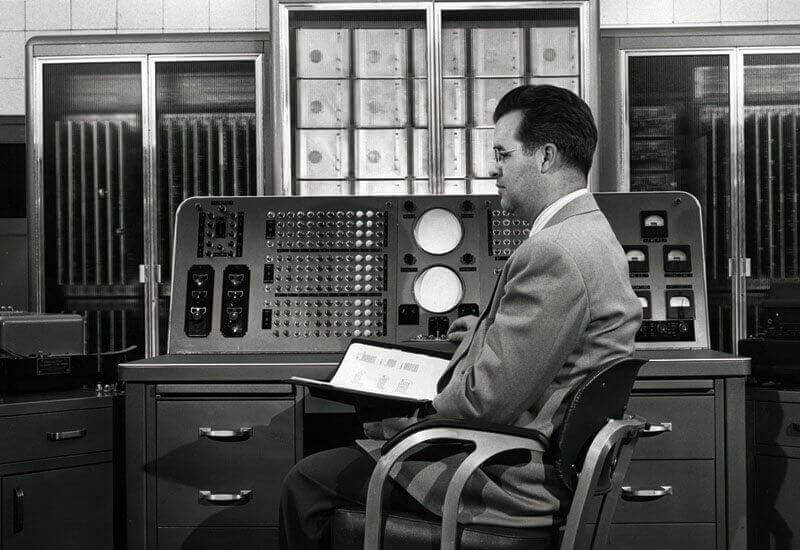At the start of the COVID19 crisis, there were calls from many respected quarters for hotel companies not to follow the automated pricing recommendations suggested by their revenue management systems (RMS) for fear that this would lead to ‘a race to the bottom’.
NB: This is an article by Michael McCartan of Atomize
The assumption being that the revenue management systems would rapidly drop rates to stimulate bookings. It soon transpired that the swiftness of the global lockdowns meant that any demand, short or long term, evaporated in a matter of days and any price reductions had zero impact on optimising demand. Simply put no one was booking, irrespective of price.
Subscribe to our weekly newsletter and stay up to date
Data Partnerships Herald a New Dawn for Hotel Pricing
Clearly, with absolutely no demand RMSs became largely redundant, but as restrictions were eased and staycations became popular demand for certain hotels rose rapidly albeit unpredictably. At the time I stated that the revenue management systems’ ability to reliably predict outcomes during these periods of volatile demand was being compromised by the lack of real time lead indicators such as shopping, social media sentiment, and market demand data. I concluded that this was not the fault of the RMS providers but the broader hospitality tech community who had for decades ring-fenced ‘their’ data and made it off-limits to anyone who wasn’t prepared to pay a king’s ransom for it.
It is fair to say that the ‘open-API’ movement has been gathering momentum for several years now, but the pandemic has clearly afforded technology vendors the time to focus on their collective value and in the intervening months it seems a tipping point was reached where the free exchange of data for the benefit of the hotels is now set to become the norm.
If this does materialise then data partnership, such as the one announced between OTA Insights and Atomize, will thrive and elevate revenue management to levels previously only talked about.
Human vs Machine
While data is the oxygen that is going to fuel better pricing decisions the question still remains, will human decision-making triumph over machines? Or will RMS solutions manage to adapt and change to instigate an era of complete automated pricing?
Over the past decade, we have seen significant advances in artificial intelligence (AI) and in many industries, AI is a reliable partner to human talent. We just need to look at the world of chess where the best computer programs can beat the best humans. This was proven in 1997, when the world champion of 20 years, Garry Kasparov, lost to an IBM computer called Deep Blue. Yet freestyle chess, where humans use inputs from chess programs to assist in their moves, repeatedly proves man plus machine is better than either man or machine.
In an article from April 2020, BCG argued that the revenue management systems will need to be re-set because historical booking patterns, and therefore price optimisation, will bear no correlation to future demand. The authors suggest that whilst bionic revenue management—the combination and integration of machine algorithms with human inputs and judgment—is the best approach in the long-term significant intervention by humans will be required while the RMSs re-tune.
At that time, even as a vocal advocate of revenue management software, I had to accept that they were probably right. What I did not appreciate was that even before the pandemic hit us the existing approach to pricing was already under threat.
Atomize had entered revenue management space with a clear vision to automate tactical pricing with sophisticated AI and was therefore well-positioned to deal with the market uncertainty. What was previously considered radical thinking suitable only for early adopters and mavericks is now deemed a prudent approach to the recovery and beyond, and the shift from semi-automated to fully automated hotel revenue management is gathering pace. Instead of trying (and failing) to understand the intricate connections between demand, price and willingness to pay, revenue managers can now confidently leave tactical pricing to an automated AI system and focus instead on strategic hotel revenue management.





